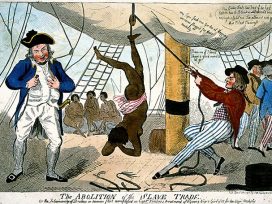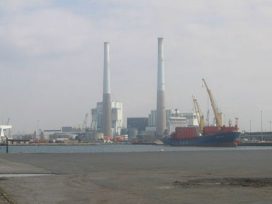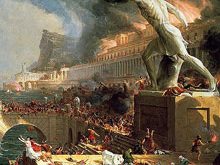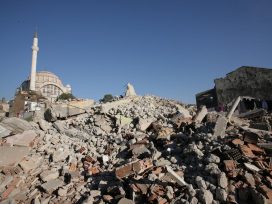
Ghosts on the waterfront
An interview with Marcus Rediker
In an excerpt from his acclaimed book The Slave Ship: A Human History, historian Marcus Rediker describes the deep-sea sailing ship as linchpin of the emergent transatlantic economic order and instrument of terror for slaves brought from Africa to the Americas. In a subsequent interview, he discusses the role played by European harbour cities in the slave trade and their responsibilities in reckoning with its moral legacy.







